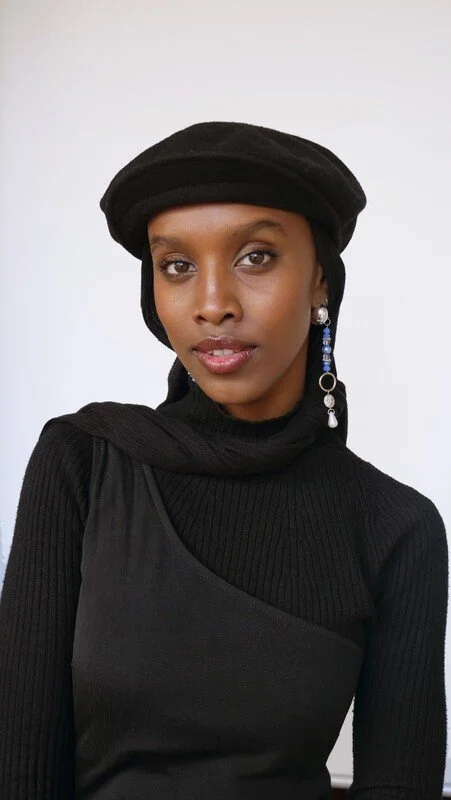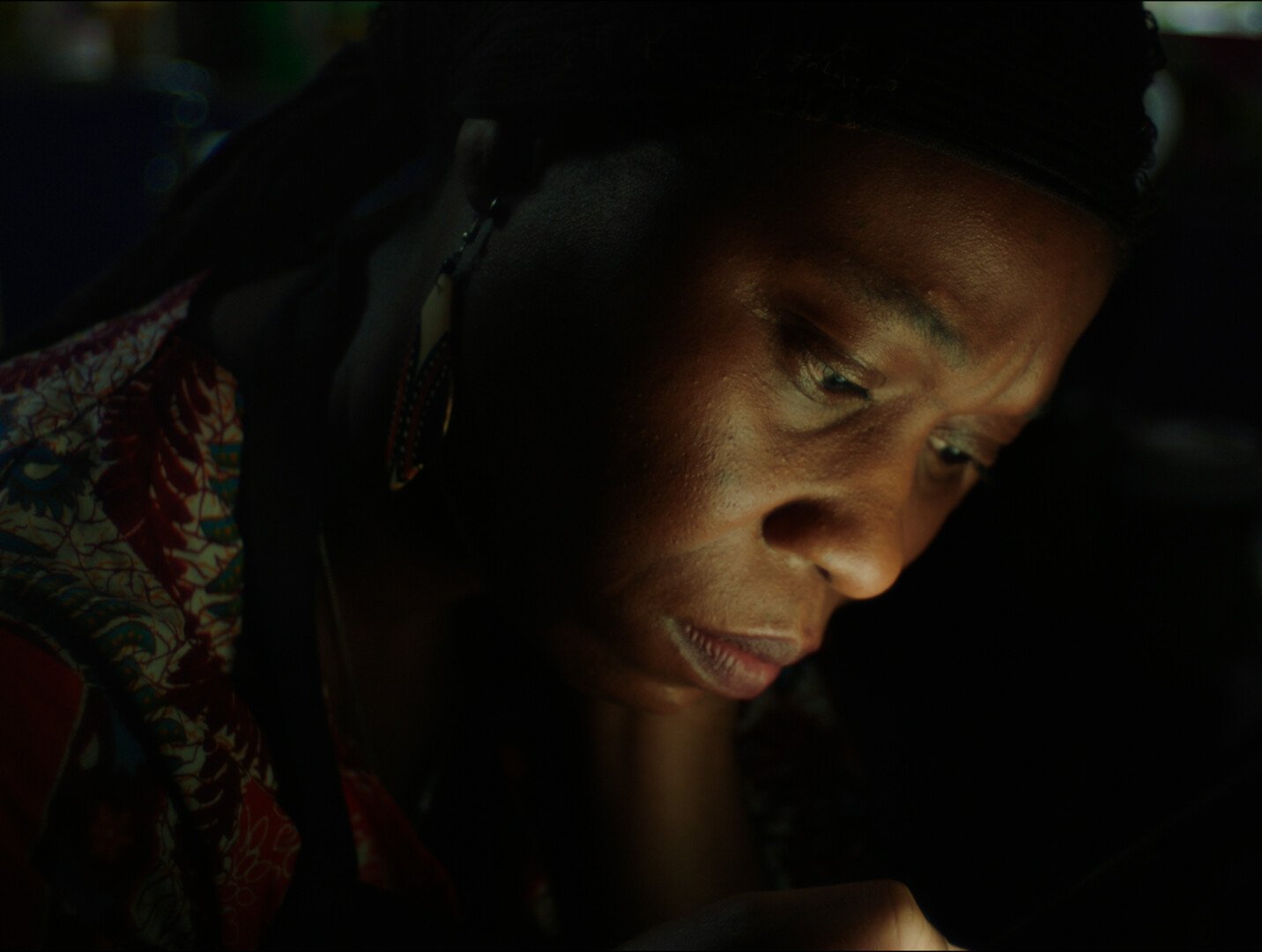Q&A with Filmmaker Miski Omar
Miski Omar
Miski Omar is a Somali-Australian speech pathologist, writer, and director based in Western Sydney. Her work in speech pathology, centered on language breakdowns and human connection, profoundly informs her artistic voice. Through film and writing, she explores the intricacies of communication, identity, and expression, weaving her clinical insights into creative narratives. Omar’s multidisciplinary practice highlights the resilience found in voices often overlooked, offering nuanced perspectives that bridge art and lived experience. She continues to shape stories rooted in language, culture, and community.
This Q&A is part of the Bushwick Film Fest Filmmaker Q&A series
Button Pusher (2025)
What inspired you to create this film, and how did the initial idea come to you?
The seed came in a writers’ room. We were shaping a story about a group of coworkers, and when a fight broke out in the story, someone suggested the two Black women turn on each other. The whole room agreed, without question. When I asked “why them”, the answer was, “because they’re sassy.” That default stuck with me. For Button Pusher, I wanted to flip that assumption on its head: instead of conflict, the two Black protagonists discover camaraderie, alliance, even joy. It’s part of my larger mission to create Black characters with dimension, characters who are flawed, funny, contradictory, resilient. Characters who get to be human, not shorthand.
What do you hope audiences will take away from watching your film?
Warmth. A kind of afterglow. If any prejudices rise to the surface, I hope they dissolve. And beyond that, I hope people walk away reminded that friendship, especially in unexpected places, is radical.
Tell us an anecdote about casting or working with your actors.
I was captivated by Bolude Watson after seeing her in Swift Street, an Australian TV show. She had that rare quality, you just wanted to be on her team, even when she was in the wrong. She was perfect for Abiola. The agents weren’t sure because it was a small production, but Bolude herself pushed for it. She wanted this role, which meant a lot to me. We finally locked her in a week out, with only two hours to rehearse over Zoom. We spent 15% on lines and 75% talking about female friendship, Blackness, and betrayal. That conversation became the backbone of her performance. You can feel it on screen: the lived-in texture of someone who has thought about these things deeply.
What inspired you to pursue a career in filmmaking?
I’ve always been a teacher, a noticer, a consolidator, that’s the speech pathologist in me. But film offered something more democratic. It collapses barriers. You don’t need literacy, a degree, or even patience for a 20 something-year-old’s ramblings to understand a story told with light, place, performance, and sound. It’s the most accessible medium. My mum, with English as a second language still quotes Scarface, “say hello to my little friend”, while showing me her new stick mixer. That’s the magic, cinema really enters the bloodstream of culture.
How do you approach storytelling in your films? What’s your process for developing a script or concept?
I root everything in human experience. My job in life is to be an experiencer, a purposeful voyeur. A night out with friends, a conversation in a waiting room, these become data downloads. My process is messy and playful: I brain-dump, I improvise scenes on long walks while pretending to be on the phone, I write fast and edit slow. I honor the spark and follow it until it either burns bright or fizzles out. And I’ve learned to let go when it fizzles, that’s part of the work too.
How do you feel about your film being screened in front of a festival audience?
Ecstatic. Festivals remind me that films have multiple lives. You edit one version, but in a theater, with an audience, it mutates. Unexpected things resonate. Strangers connect dots you never meant to draw. As a data collector, I love watching that process in real time. But more than that, it’s a chance to feel less alone. A stranger laughs, sighs, or nods at the same beat, and suddenly, something private becomes communal. I feel seen!
What’s the last film you watched?
Weapons. I jumped more than once. I’ve always found the scariest horror convention is when children or the elderly go rogue. They’re supposed to be innocent or fragile, the most vulnerable in society, so when they tilt toward menace, it scrambles your trust in the world. I also watched The Visit recently, same thing. Terrifying.
What three things do you always have in your refrigerator?
Hot sauce, because anything can be rescued with heat. Bread, because even the worst leftovers taste better between two slices and Kimchi! I love love love Kimchi. "Milk, tomato paste, and eggs."
This Q&A is part of the Bushwick Film Fest Filmmaker Q&A series



